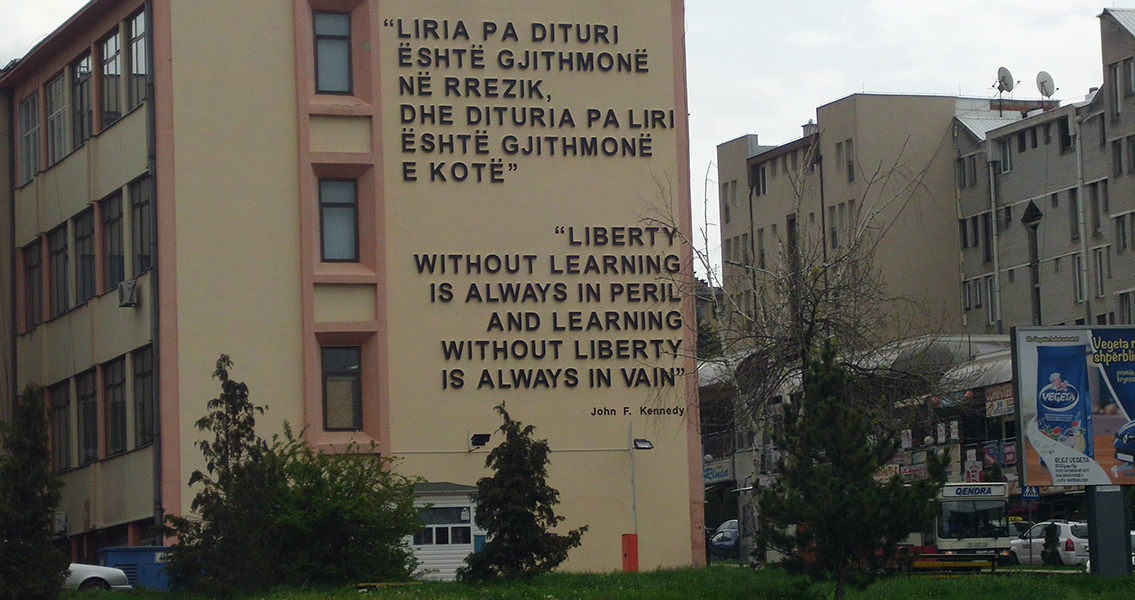<![CDATA[The search for suspected mass graves dating to the Kosovo War is continuing in Kosovo's capital city of Pristina, with excavations on the campus of the University of Pristina resuming by the end of July. According to the Balkan Investigative Reporting Network (BIRN), Kosovo special prosecutor Elez Blakaj has announced plans to resume excavations on the third of three possible mass grave sites in Pristina. The search in the area for the victims of Serbian executions during the 1998-1999 war began on July 13th in the wake of a local resident informing the Kosovo authorities that Serb military forces had used the campus as a mass grave site, specifically beneath the lawn of the Serbian Orthodox church that shares space on the campus with the university and the National Library. Blakaj would not comment if any remains had been found in the first two excavation sites. This has frustrated several relatives of individuals living in the city who vanished during the war, as many have been waiting the better part of two decades to learn the fate of their kin. There are more than 1,600 individuals still listed as among the missing, even though there have been in excess of 1,000 Kosovo Albanian remains found in four mass graves throughout Serbia. Prenk Gjetaj, the head of the Kosovo Government's Missing Persons Commission, remarked that officials from the Serbian government had been informed that the excavations were ongoing. Lasting from the 28th of February 1998 through the 11th of June 1999, the Kosovo War was a conflict between the Federal Republic of Yugoslavia at the time (consisting of Serbia and Montenegro) and the Kosovo Liberation Army, an Albanian rebel group. Attacks of retribution against the KLA at the hands of Serbian troops precipitated the involvement of NATO, first in an effort to resolve the conflict diplomatically, and then through military intervention. All told, the Red Cross estimated in the year 2000 that some 3,368 people remained missing, the majority of which were Albanian. Several hundred civilian casualties are thought to have occurred as a result of NATO aerial bombing. The New York Times estimated that 7,000 to 9,000 Albanians were slain by Serbian forces, while around 800,000 Albanians fled the war-torn region in an effort to seek safety as refugees. In the wake of the Kosovo War, Yugoslav President Slobodan Miloševic and several other high-ranking members of his administration were indicted by the International Criminal Tribunal for the Former Yugoslavia, charged with several counts of crimes against humanity. Charges included intentional destruction of Albanian mosques, sexual assault, summary executions and driving Kosovo Albanians from their homes en masse. In the wake of the war, revenge killings and ethnic violence remained an issue, as have forgotten yet still buried landmines in remote areas. Today, Kosovo is recognized as an independent country by the Republic of Taiwan and 109 member states of the United Nations. Despite this, Serbia has continued to claim the territory as its own, even in the wake of Kosovo declaring independence in 2008. However, Serbia has recognized Kosovo’s elected local government as legitimate. Image courtesy of Wikimedia Commons user: Jan Pešula ]]>
Search for Suspected Mass Graves Ongoing in Kosovo Capital
